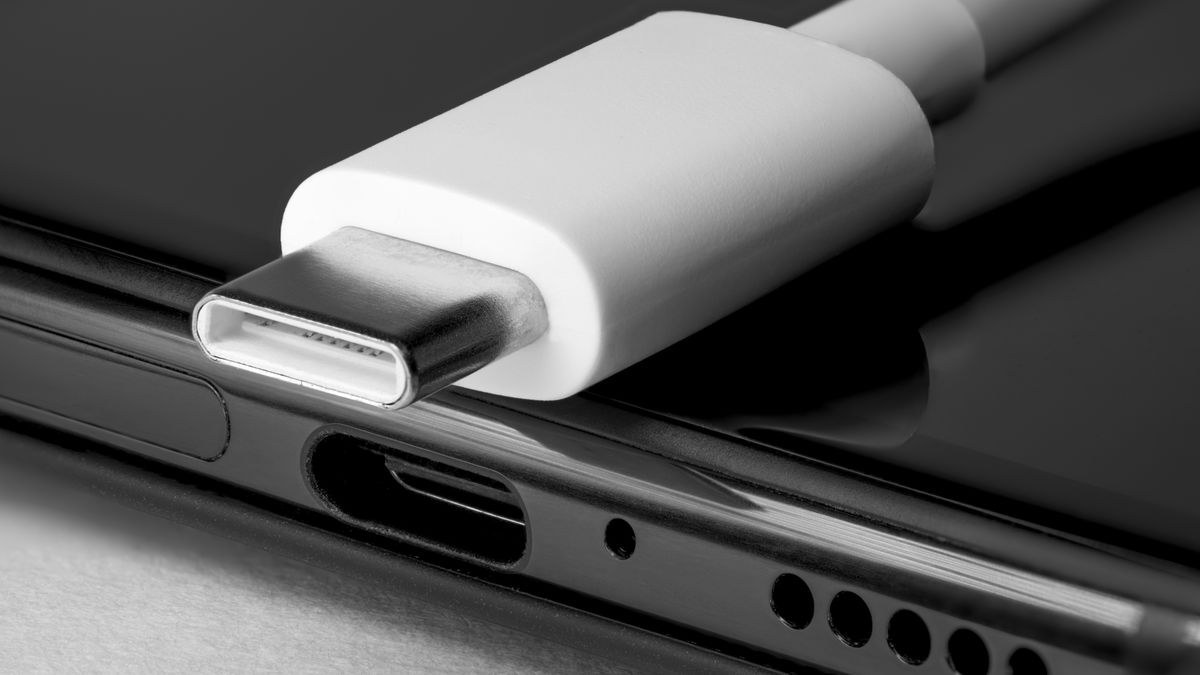silversurfer
Level 85
Thread author
Verified
Honorary Member
Top Poster
Content Creator
Malware Hunter
Well-known
- Aug 17, 2014
- 10,154
The European Commission has announced new plans for legislation today that will require all mobile devices, including smartphones, tablets, cameras, headphones, portable speakers and handheld video game consoles, to conform to the USB Type-C standard for charging.
This goal is to reduce e-waste from a large number of differing chargers, and may also have the added benefit of ending those times when you can't find the right charger for your phone at a friend's house. The transition period will be 24 months once the European Parliament passes the new regulation.
Fortunately, the move to Type-C has already become mainstream with most smartphones incorporate Type-C for charging already. The same can be said of tablets, USB headphones, and speakers as well. So once the legislation is set in motion, all major device manufacturers should be ready for it.

European Union Pushes For USB-C to Be New Portable Charging Standard
Say goodbye to incompatible and obsolete chargers!
/cdn.vox-cdn.com/uploads/chorus_asset/file/16294979/akrales_190522_3440_0029.jpg)